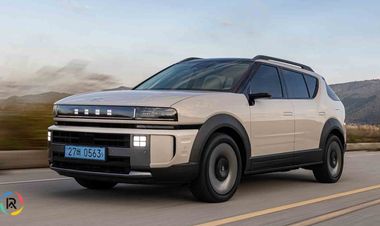Portland, United States- Daimler Truck North America LLC., (DTNA) is committed to reducing its carbon footprint by adopting a circular economy approach for its operations. This involves repairing, remanufacturing, repurposing, and recycling lithium-ion battery materials in its electric vehicles to extend battery life and minimize waste. Advanced technology helps determine when a battery no longer meets vehicle standards, guiding the optimal reuse process, with repair as the priority. This strategy, which also applies to all EV components, aims to address sustainability challenges by maximizing the use of rare-earth materials like cobalt and nickel.
DTNA remanufactures batteries and EV components at facilities like the expanded Hibbing location. This involves disassembly, module replacement, and rigorous testing to meet or exceed new product standards. Remanufactured products, updated with the latest technology, offer a cost-effective solution, improving ownership costs and benefiting the environment. Currently, Detroit batteries and eAxles are the primary remanufactured EV components, with potential for future expansion.
DTNA and Nuvation Energy are piloting a battery energy storage system (BESS) to repurpose batteries for charging, peak shaving, backup storage, and microgrids.
Partners with Li-Cycle to recycle end-of-life batteries, recovering up to 95% of materials through an eco-friendly process. They aim for net-zero operations, achieving Zero Waste to Landfill by 2017 and CO₂-neutral production at all truck plants by 2025. They plan carbon neutrality for new products from direct suppliers by 2039, with the Portland plant achieving CO₂-neutral status in 2020.
Mr. Rakesh Aneja, vice president and chief of Zero-Emission Transformation Group at DTNA, said, “As part of our commitment to maximizing material life cycles, we meticulously assess environmental and ethical implications from sourcing to post-production.” “Our primary goal is to repair our lithium-ion battery materials and reduce the consumption of new resources.”







